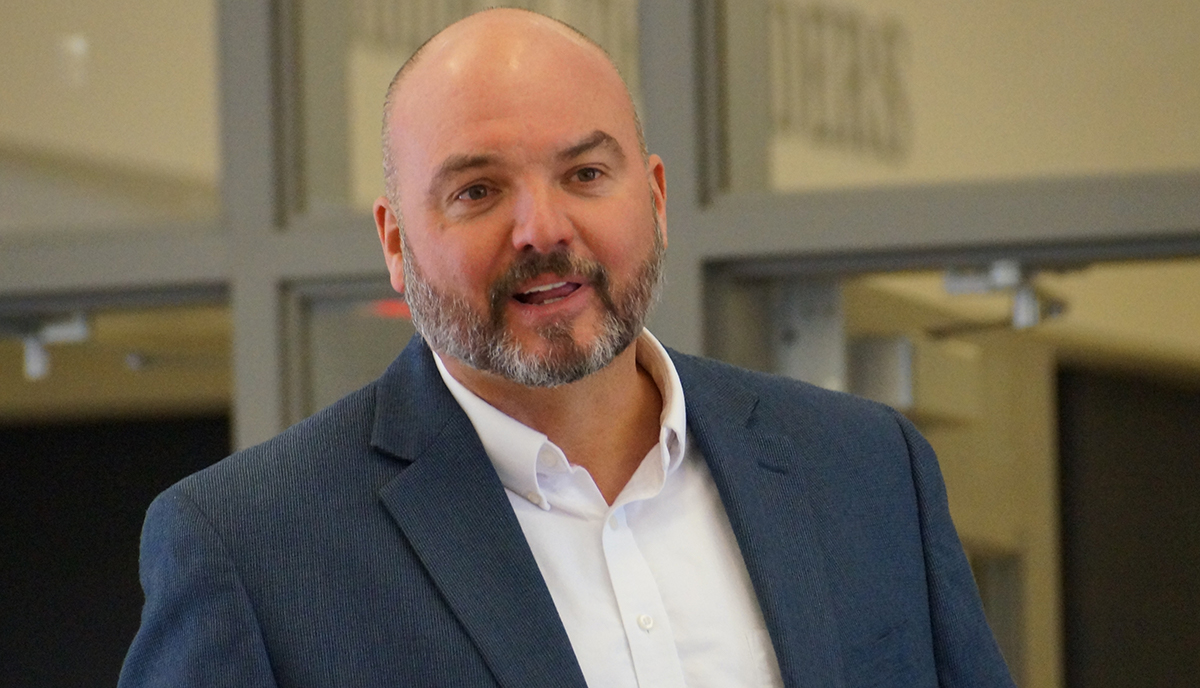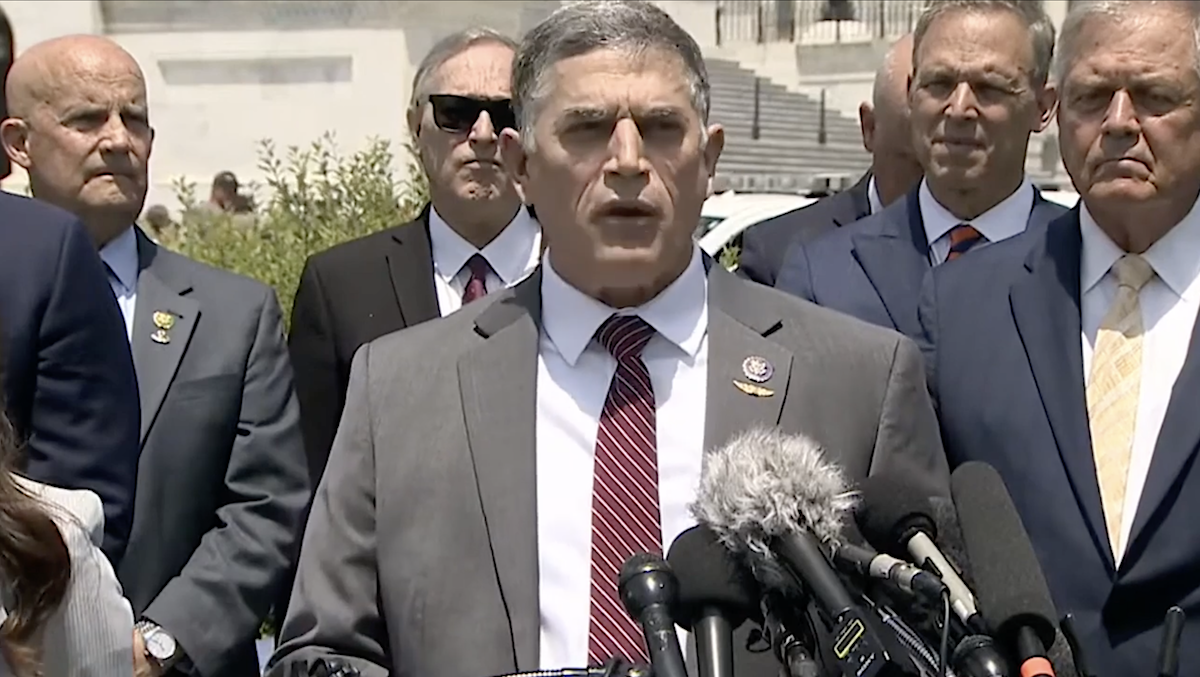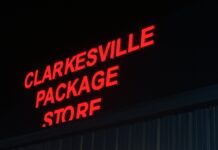
Clarkesville City Manager Keith Dickerson and the Clarkesville City Council discussed their frustrations with, and their need to further discuss, the tax discrepancies between the county’s tax revenue and the Habersham County School System’s tax revenue at their meeting earlier this week. Now, Habersham County Schools Superintendent Matthew Cooper is sharing his thoughts.
In Habersham County, the 7 percent sales tax Habersham consumers pay doesn’t all stay in the county. 4 percent of the tax is state sales tax, and three percent stays in Habersham. Of that three percent, two percent goes to education and one percent is distributed between the cities and county.
The two percent that goes to the Habersham County School System is in the form of two tax types, an Educational Special Purpose Local Option Sales Tax (E-SPLOST), and a Local Option Sales Tax (LOST). The one percent sales tax split between the county and cities is in the form of a county-wide SPLOST, which Habersham voters overwhelmingly approved in November.
Habersham County’s E-SPLOST was last voted on in 2016. According to the Georgia Department of Education, an E-SPLOST can last for a maximum of five years.
“LOST has been in place for nearly 40 years. It was approved by the citizens of Habersham County and all Georgia voters and made a part of the Georgia Constitution,” Habersham County Schools Superintendent Matthew Cooper says in a statement sent to Now Habersham. “Nine other school systems in Georgia also have LOST. It is just as good an idea today as it was in the 1980s when passed. The cities taking from the school system to address their financial struggles is a very bad idea no matter what decade it is.”
The problem Dickerson has, which he says he shares with many other citizens and city and county officials, is that the majority of the sales taxes generated by city businesses do not go back into Habersham’s cities and downtowns.
“All Georgia voters would have to vote to change the Georgia constitution to take LOST away from the school system,” Cooper says. “And even if that happened, it would not provide any of the LOST funds to the cities. It would simply mean that the school system would lose significant funding that is paid for, in large part, by people outside of Habersham county.”
Dickerson argues that the revenue raised by people visiting Habersham County should be allocated to go back into city budgets for further revitalizing downtowns. “That’s what that money is supposed to be for,” Dickerson said at the meeting. “It’s supposed to be earmarked to go back in with the downtowns.”
Cooper says that the school board would “have no choice but to make up for the loss of those needed funds by significantly raising property taxes,” if cuts were made to the school system’s tax revenue stream. “It should be easy for any reasonable person to see that it is a very bad idea to mess with LOST,” he goes on to say.
In 2020, the school system brought in over $31 million in local tax revenue and over $60 million in state and federal tax revenue. The county, on the other hand, brought in a total of $40.7 million through all tax, investment and service revenue combined in 2020.







